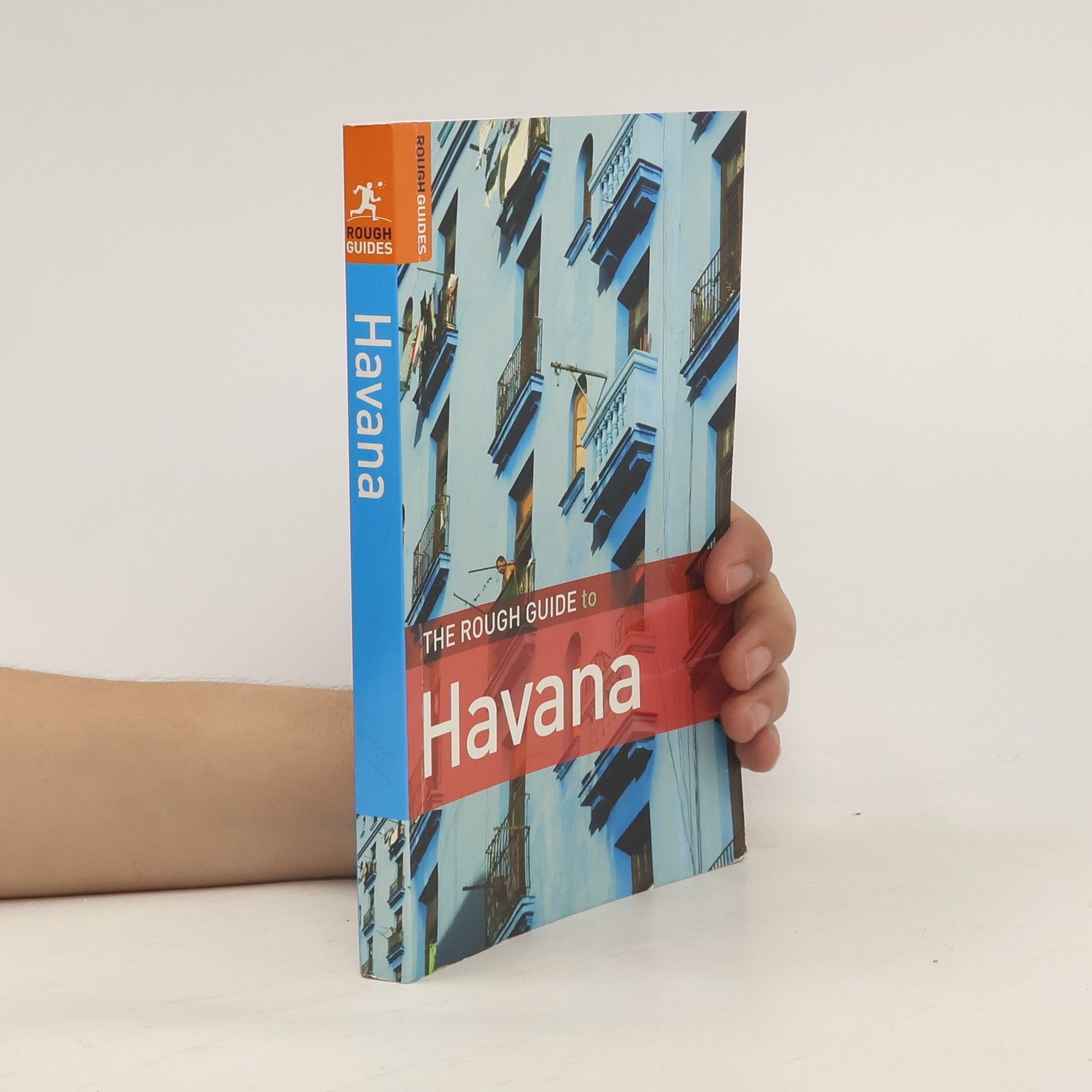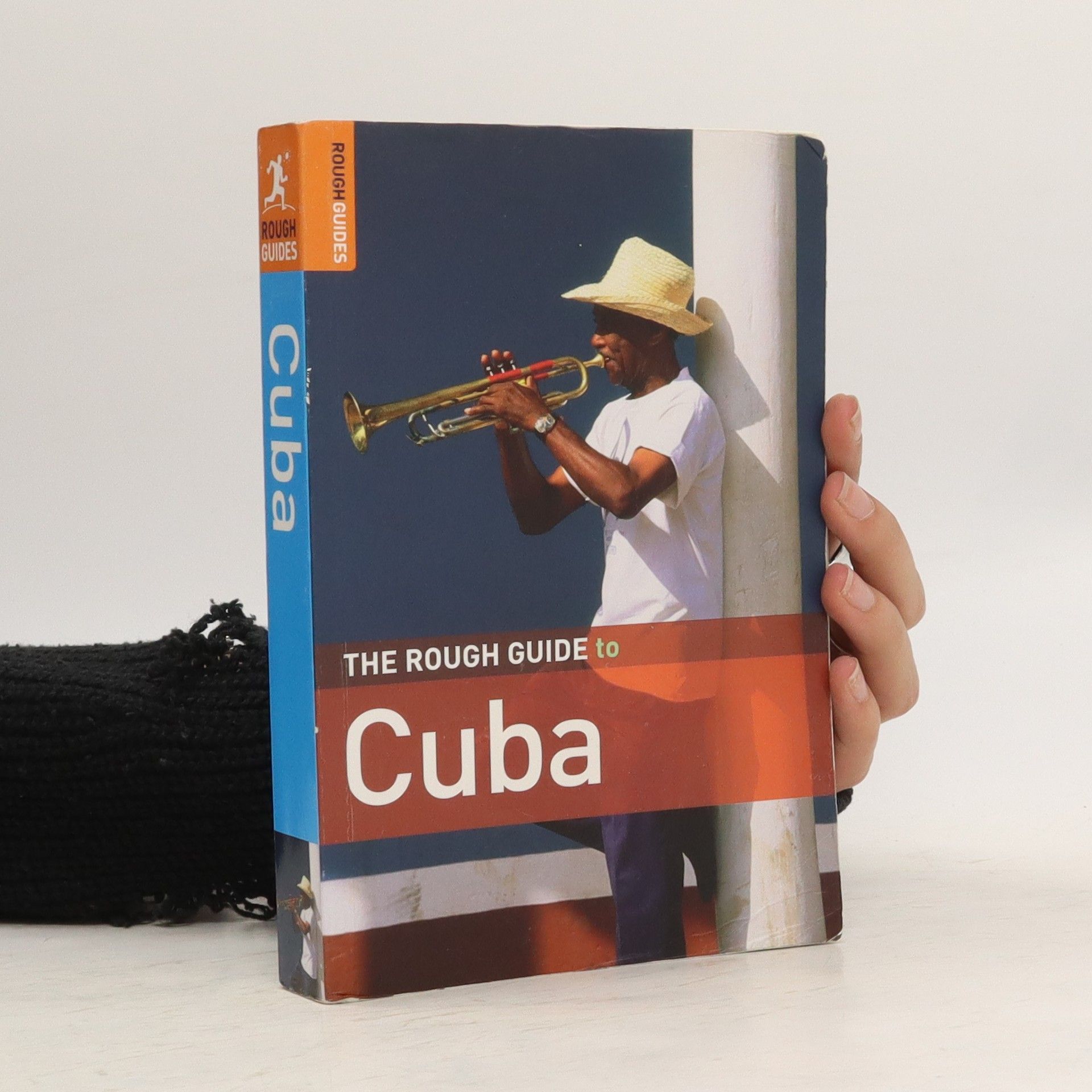The Rough Guide to Cuba
- 575 páginas
- 21 horas de lectura
The Rough Guide to Cuba is the ultimate guide to the home of sun, salsa and rum. The guide introduces the best Cuba has to offer, plus you�ll find information on the hottest clubs and cafes and Cuba�s best bars, places to eat and beaches. Up-to-date and honest reviews will help you track down accommodation, with the most comprehensive list of casas particulares of any guidebook. There�s also detailed information on the country�s history, currency and music, plus the recent changes to the public transport systems and a comprehensive language section with cubanismos. Detailed maps will help you find your way around Cuba, with particular attention paid to the main visitor areas. Make the most of your time on earth with The Rough Guide to Cuba.





